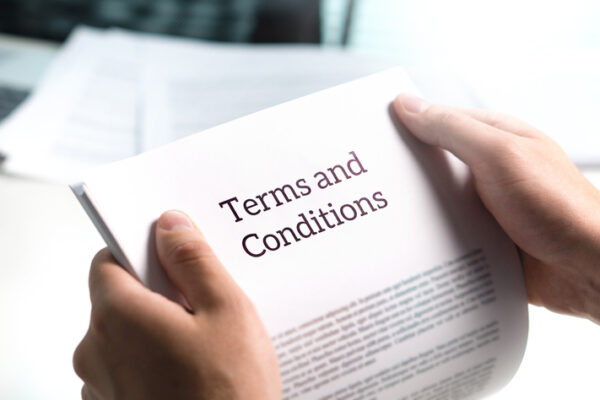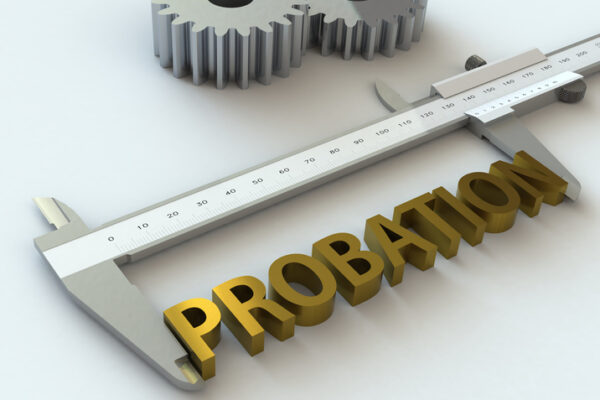Buying your first home is one of the biggest financial decisions you will ever make. You will have many questions throughout the process, too. We would like to be your first port of call to answer these questions that arise and to act on your behalf with the different banks that we work with in order to obtain you the most suitable mortgage for you and your family. Also, based on our experience working alongside one of the main estate agents, we can offer some insight in relation to the process of buying a home, too. We have outlined some of the most popular questions below from our clients, however if you have any other queries, please feel free to contact us.
All sources of information are correct as of 01/01/2023.













